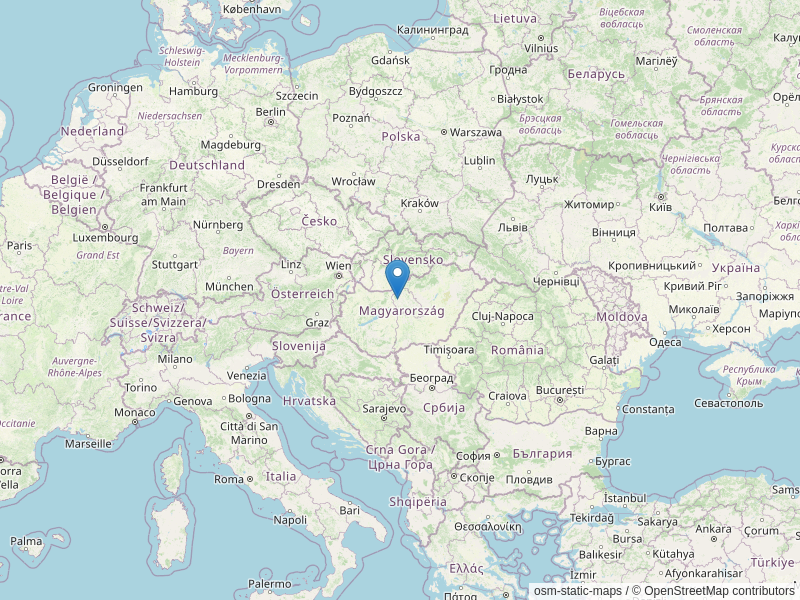Bachelor studies in Germany

There are lots of reasons why studying in Germany can be your best decision. In Germany, you study at respected universities at a rather reasonable cost compared to many other European countries. Since most German universities are public, you don’t have to pay tuition fees for many of their programmes. For a bachelor´s degree, 800 euros per month are usually enough to cover all of your expenditure, including housing, food and health insurance. At the moment, the DAAD is not offering any scholarships for basic degree programmes (bachelor’s) for Hungary, but it is still worthwhile to earn a bachelor’s degree in Germany: you will receive an excellent education at a comparatively low cost.
For Hungarian prospective students, admission to a German higher education institution generally requires two criteria: a higher education entrance qualification recognised in Germany and a recognised proof of proficiency in the teaching language (usually German or English).
Hungarian school leavers who want to start studying in Germany must satisfy the following conditions: school leaving certificates after 2005 are only recognised if at least one of the five mandatory examination subjects (Hungarian, mathematics, history, foreign language, optional subject) was passed at a higher level. The subject that was passed at a higher level must satisfy the subject-specific requirements of the desired course of study. The subject-specific minimum requirements are:
- Technology, natural sciences:
one subject in the mathematics/natural sciences and/or technical disciplines at a higher level - Economics and business administration:
Mathematics at a higher level - Humanities, law, social sciences and other branches of study: One language at a higher level
Note! For the degree programmes medicine, dentistry, pharmacy and veterinary medicine, at least two of the five examination subjects must be passed at a higher level and satisfy the subject-specific requirements of the desired course of study. The subject-specific minimum requirements are:
- Medicine, dentistry and pharmacy:
Biology and physics or biology and chemistry at a higher level - Veterinary medicine: Biology and chemistry at a higher level
Qualification in the individual examination subjects earned in advance or at a later date can be considered. Since Hungarian students have the possibility of passing individual qualifications at a later date, it has been no longer possible to take a preparatory course or an assessment test since 2019. Also, the option of offsetting school leaving exams at a higher level with a successful year of study at a Hungarian higher education institution, which had been possible until 2019, is no longer available.
German higher education institutions generally accept the following proof of language skills for international prospective students:
- German or Austrian school leaving certificate giving right of entry to higher education (e.g. from a German or Austrian school abroad)
- DSD II (Deutsches Sprachdiplom der Kultusministerkonferenz, Level II)
- DSH Examination
- TestDaF Examination
- Telc C1 Hochschule examination
- Großes Deutsches Sprachdiplom or Goethe-Institut level C2 examination
Most bachelor’s degree programmes are still taught in German, but several programmes are already available in English. You can usually prove your command of English with most internationally recognised language proficiency tests (such as TOEFL or IELTS examinations).














